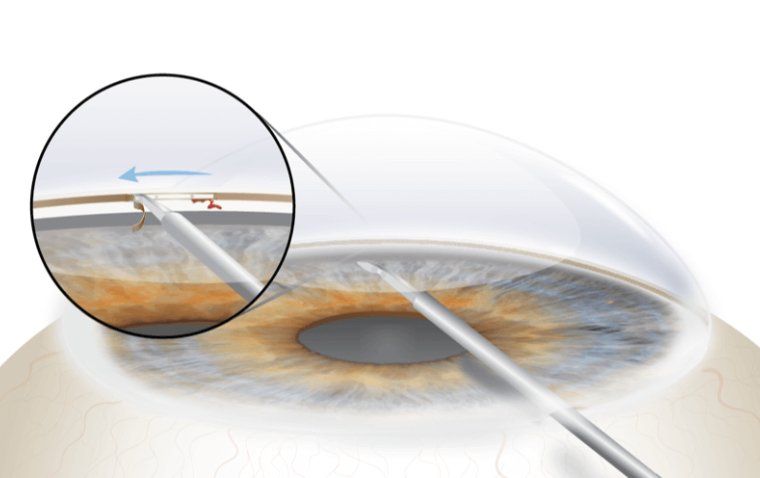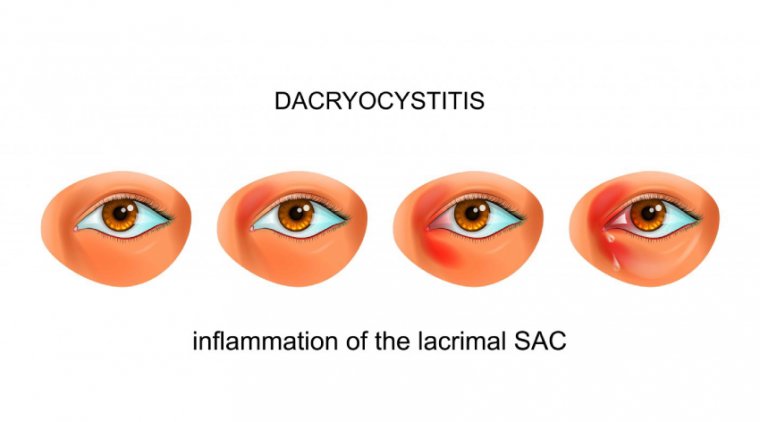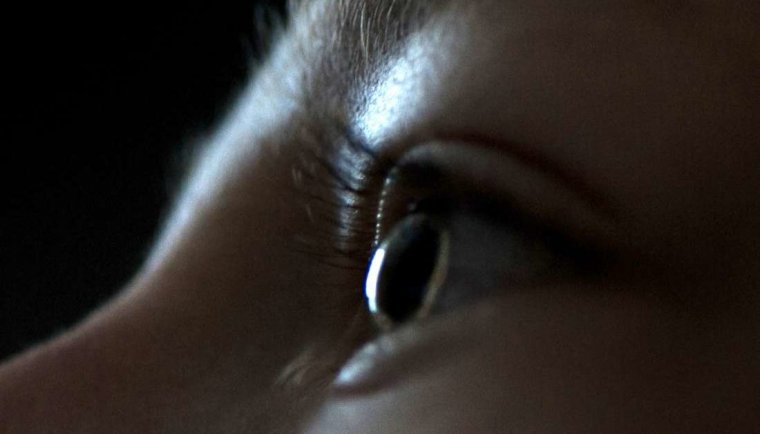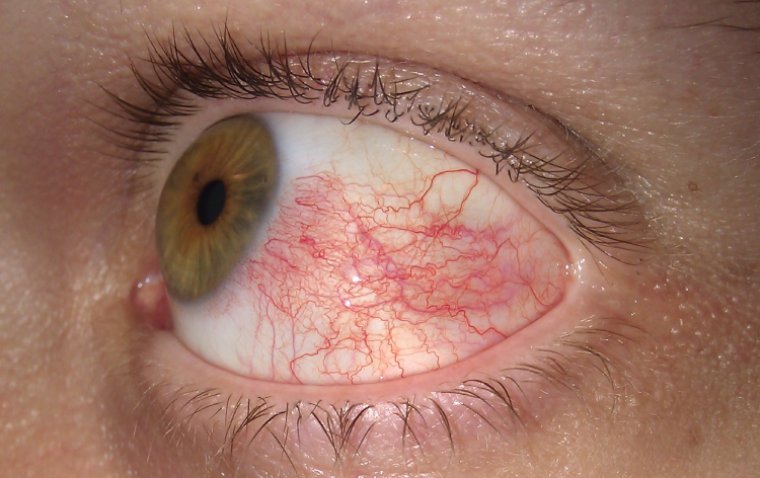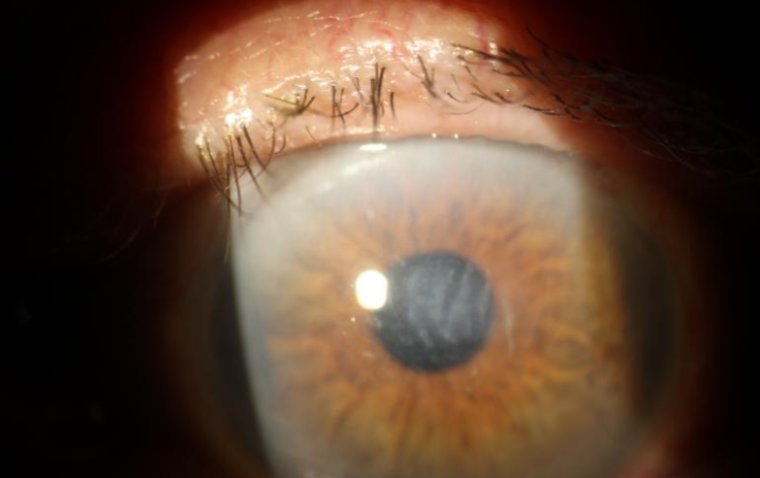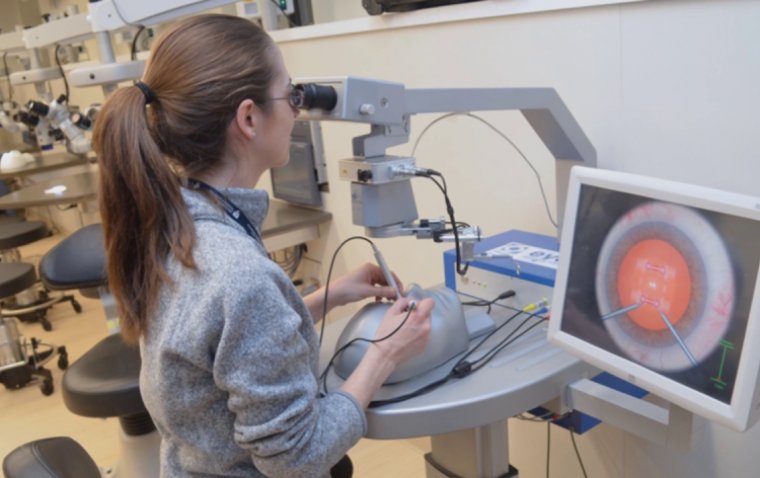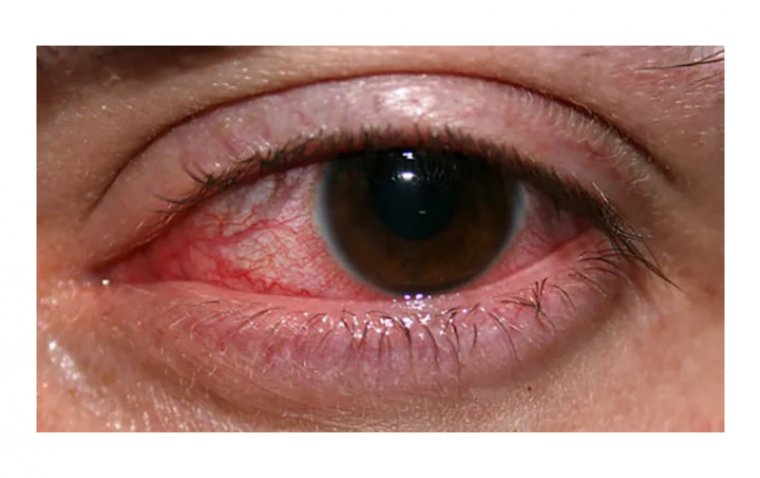
The Eye Infection That Can Steal Your Sight: Keratitis Explained
What Is Keratitis?
Keratitis refers to the inflammation of the cornea, which is the clear outer layer of the eye. This condition can be painful and may cause vision loss if left untreated. In this article, we will discuss the types of keratitis, the causes, symptoms, and treatment options.
Types of Keratitis
There are several types of keratitis, including:
1. Bacterial Keratitis: This type of keratitis is caused by bacteria and can occur when there is damage to the cornea or when a foreign object enters the eye.
2. Viral Keratitis: This type of keratitis is caused by a virus and can occur due to exposure to the herpes simplex virus or other viruses that cause cold sores or genital herpes.
3. Fungal Keratitis: This type of keratitis is caused by fungi and is most commonly associated with contact lens use.
4. Acanthamoeba Keratitis: This type of keratitis is caused by a free-living amoeba and can occur when contact lenses are not properly disinfected.
What Causes Keratitis?
● Eye injuries, such as scratches or cuts to the cornea
● Foreign objects entering the eye
● Infections from bacteria, viruses, fungi, or parasites
● Improper contact lens care, such as not cleaning and disinfecting lenses or swimming while wearing lenses
● Exposure to ultraviolet (UV) light, such as from tanning beds or excessive sun exposure
Symptoms of Keratitis
The symptoms of keratitis can vary depending on the cause and severity of the condition. The following are some common symptoms of keratitis:
Eye pain or discomfort: This is a common symptom of keratitis and can range from mild to severe. It may feel like a burning, stinging, or sharp pain in the eye.
Redness of the eye: The eye may appear red or bloodshot due to the inflammation.
Sensitivity to light: Bright lights or sunlight may cause discomfort or pain in the eye.
Blurred vision: Vision may become blurry or hazy, making it difficult to see clearly.
Excessive tearing: The eye may produce more tears than usual as a response to the inflammation.
Discharge from the eye: A yellow or greenish discharge may be present, which can crust around the eyelids.
The feeling of something in the eye: There may be a sensation of something in the eye, such as a foreign body or a scratch.
Treatment of Keratitis
Treatment for keratitis will depend on the cause and severity of the condition.
How to Reduce the Risk of Developing Keratitis
To prevent keratitis, it is important to take the following precautions:
● Practice good hygiene and handwashing.
● Avoid touching your eyes with dirty hands.
● Properly clean and disinfect contact lenses.
● Avoid wearing contact lenses while swimming.
● Wear protective eyewear when working with tools or participating in sports.
● Protect your eyes from UV light by wearing sunglasses or a hat.
In conclusion, keratitis is a serious condition that can cause vision loss if left untreated. If you experience any symptoms of keratitis, seek medical attention promptly to prevent further damage to the eye. With proper treatment and prevention, you can reduce your risk of developing keratitis and protect your eyesight.
(1).jpg)
.PNG)

